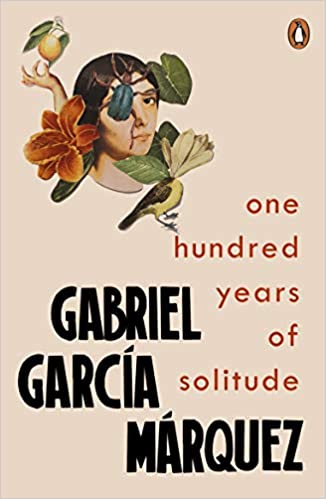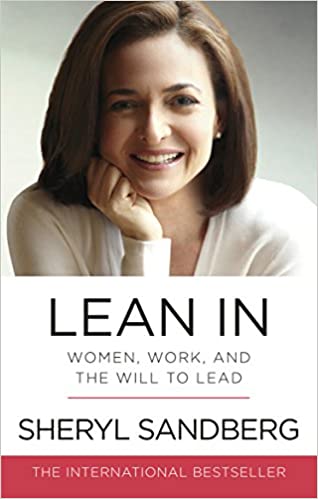Beloved
The story about the trauma of former slave Sethe who lost her baby shows how the experiences of slavery continue to traumatize generations, long after it has been believed to have been overcome. A classic of American literature, heartbreaking and masterly written.













